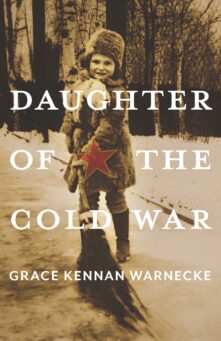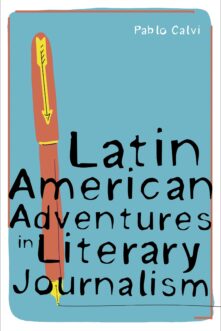Books
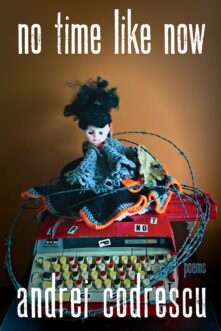
no time like now
Poems
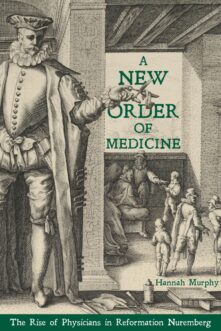
A New Order of Medicine
The Rise of Physicians in Reformation Nuremberg

Playlist
Poems
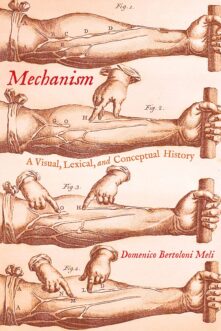
Mechanism
A Visual, Lexical, and Conceptual History
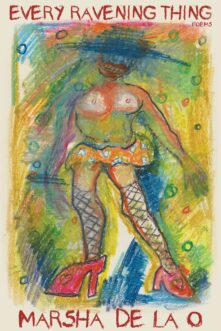
Every Ravening Thing
Poems

The Dictator Dilemma
The United States and Paraguay in the Cold War

Of Greater Dignity than Riches
Austerity and Housing Design in India

A Shared Truth
The Theater of Lagartijas Tiradas al Sol

The Restless Ilan Stavans
Outsider on the Inside

Spilled and Gone
Poems

Dictator’s Dreamscape
How Architecture and Vision Built Machado's Cuba and Invented Modern Havana

Entangled Itineraries
Materials, Practices, and Knowledges across Eurasia

The Correspondence of John Tyndall, Volume 6
The Correspondence, November 1856-February 1859
Total 1559 results found.


